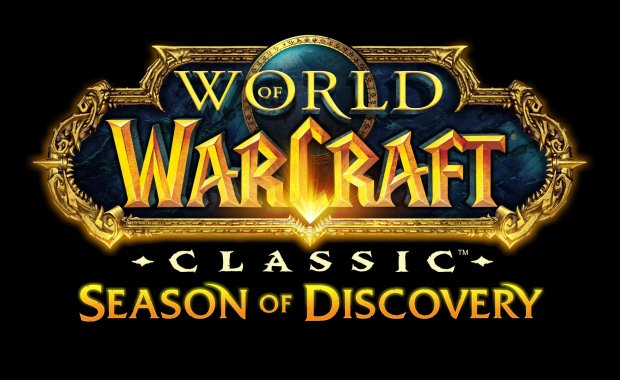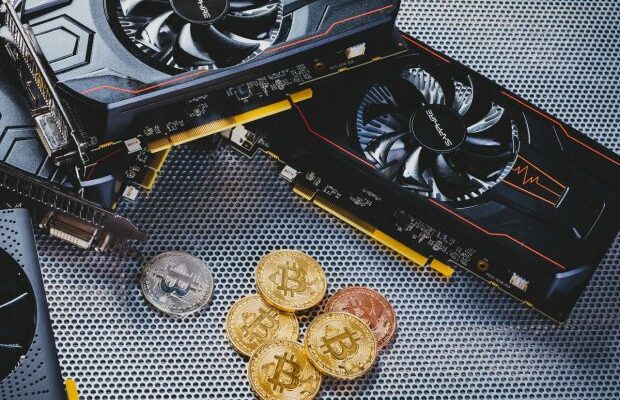New economies have thus been created within each game’s ecosystem where users can earn and trade items both within the game itself and by exporting them to other environments, or even take advantage of cross-platform monetary incentives -shapes that can be moved between profiles and portfolios.
Digital currencies already in use
The video game sector is supported by virtual reality spaces, which offers obvious similarities with the cryptocurrency sector where digitized money and virtual assets are used, which are not based on Bitcoin price, unlike cryptos. Thus, players are often used to purchasing avatars, weapons, vehicles, modifications and other in-game improvements using their own tokenized currencies, including cryptocurrencies. The value placed by players on this type of digital currency is such that even young people used to platforms such as Roblox prefer to be paid by their parents in the local currency of the platform, Robux, rather than in legal tender. They thus have a purely digital currency which they use systematically in their social and leisure environment.
Leading companies such as Ubisoft, EA and Epic Games are moving in this direction, with a study conducted in late 2021 revealing that 58% of game developers were exploring the use of blockchain to incorporate NFTs and other crypto assets in their games. While it is true that the bull market in cryptocurrencies and NFTs over the past year has somewhat dented this enthusiasm, and definitive incorporation beyond various pilot projects remains to be seen, it seems clear that the he use of crypto assets in all types of video games, from mobile to console, is more than just a trend.
Potentially, any game with its own economy will grant and trade its endemic currencies and assets, which, unlike simple points earned during a game, will be currencies tradable and salable for real money on a liquid market. Beyond the games themselves under development, there are even projects seeking to build a cross-functional technological infrastructure to potentially make all blockchain-based games interoperable. In fact, the company Oasys Games is working to make this possible, and behind the project are some of the most important brands in video game development in the world, such as Sega, Bandai Namco and Ubisoft.
The link between cryptocurrencies and video games
The link between cryptocurrencies and video games is more than obvious. Indeed, the origin of Ethereum, the second project in terms of market capitalization, was created by Vitalik Buterin in 2014 following a personal experience related to gaming. Passionate about video games and expert player of the famous title World of Warcraft, Buterin experienced how the game developers eliminated one of his favorite characters, which led him to question the danger of centralized systems and their power of veto. This event, combined with his experience as a programmer and his in-depth knowledge of bitcoin, led him to imagine a system where all the coins would have meaning: a large decentralized computer using the principles of blockchain technology, but allowing the construction of all kinds of uncensored solutions, applications and programs.

Thanks to this vision, today there are many games with elements integrated into Ethereum and other blockchains. The decentralized nature with which games are developed, thanks to the architecture provided by blockchain technology, prevents them from being modified without prior community consensus. In this case, users’ voting is determined by their possession of a certain number of tokens issued by the project, and regulates the future of games as an example of a decentralized application. Following this principle, there are also games developed on open metaverses, such as Battle Racers or Chainbreakers launched on Decentraland. While it is true that as entertainment products these games are still somewhat limited, they are a good example of how development can be carried out in a highly decentralized manner and distributed across servers around the world. If one of these servers closes or is removed, players can connect to the game using another server, making these platforms an open, democratic, collaborative, and censorship-resistant entertainment system.
The future of the sector
As blockchain technology evolves and the gaming industry continues to innovate, new approaches are emerging between the two environments. Large video game developers are increasingly looking to embrace crypto assets and monetized economies, defining new forms of monetization for businesses and users. For their part, various natively decentralized environments specific to the crypto environment, such as the metaverses of Decentraland or The Sandbox, integrate gaming dynamics to entertain and attract a still residual number of users. This native conception of blockchain technology and cryptocurrencies in the development of video games has even given rise to play-to-earn formats like Axie Infinity, which massively opened up the concept of playing to generate cryptocurrencies. In this virtual world, players buy characters, use them to interact in battles with other players, and can level them up and sell them for a higher price to make a profit.
